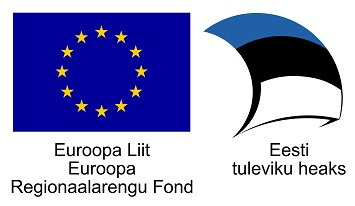DigiDoc4 Client RIA
winget install --id=RIA.DigiDoc4 -e DigiDoc4 Client is an Estonian e-ID middleware designed to enable secure digital authentication and document verification for users accessing government services.
Key Features:
- Secure authentication using Estonian ID cards or mobile IDs.
- Support for digital signatures to verify documents online.
- Integration with govcloud.ee, ensuring seamless access to government platforms.
- Real-time verification of official documents and records.
- Robust security measures to protect against unauthorized access and online attacks.
Audience & Benefit:
Ideal for Estonian citizens, residents, and organizations requiring secure digital interactions with government services. By using DigiDoc4 Client, users can efficiently authenticate identities, sign legal documents, and access confidential information, ensuring compliance with Estonia's stringent digital security standards. The software enhances convenience, efficiency, and trust in online transactions.
DigiDoc4 Client is available for installation via winget, providing a reliable tool for secure digital engagement.
